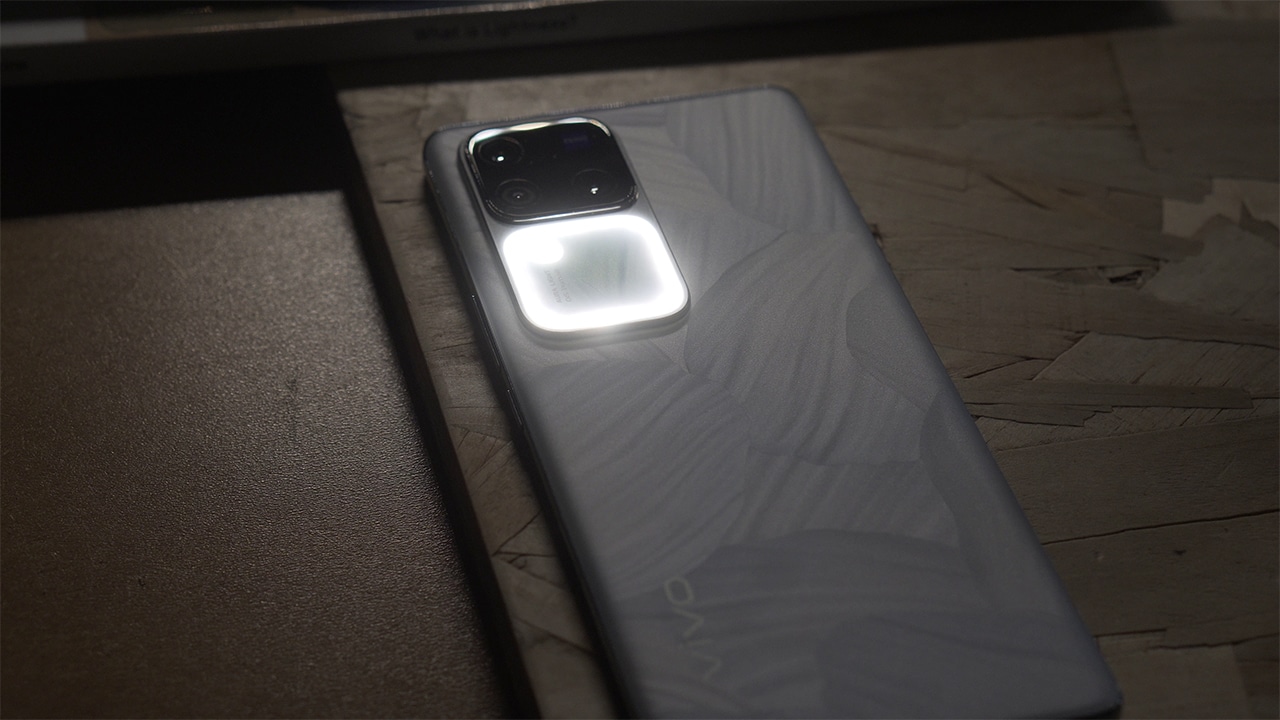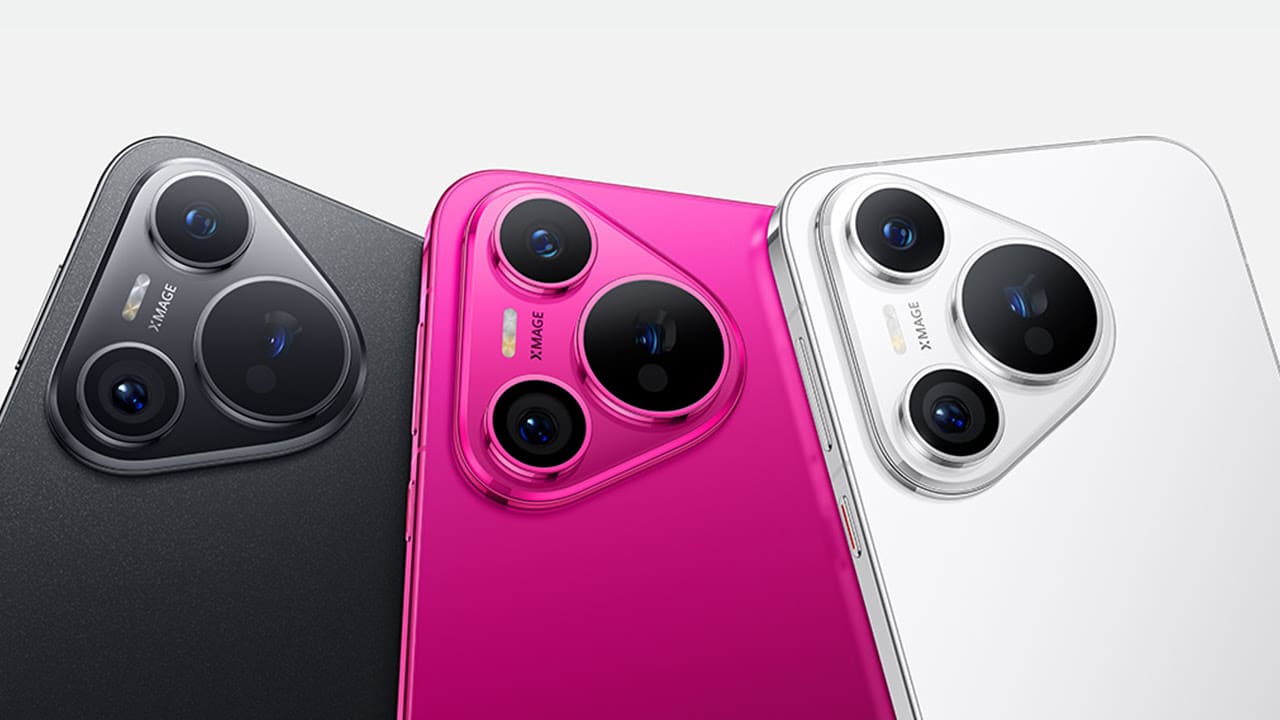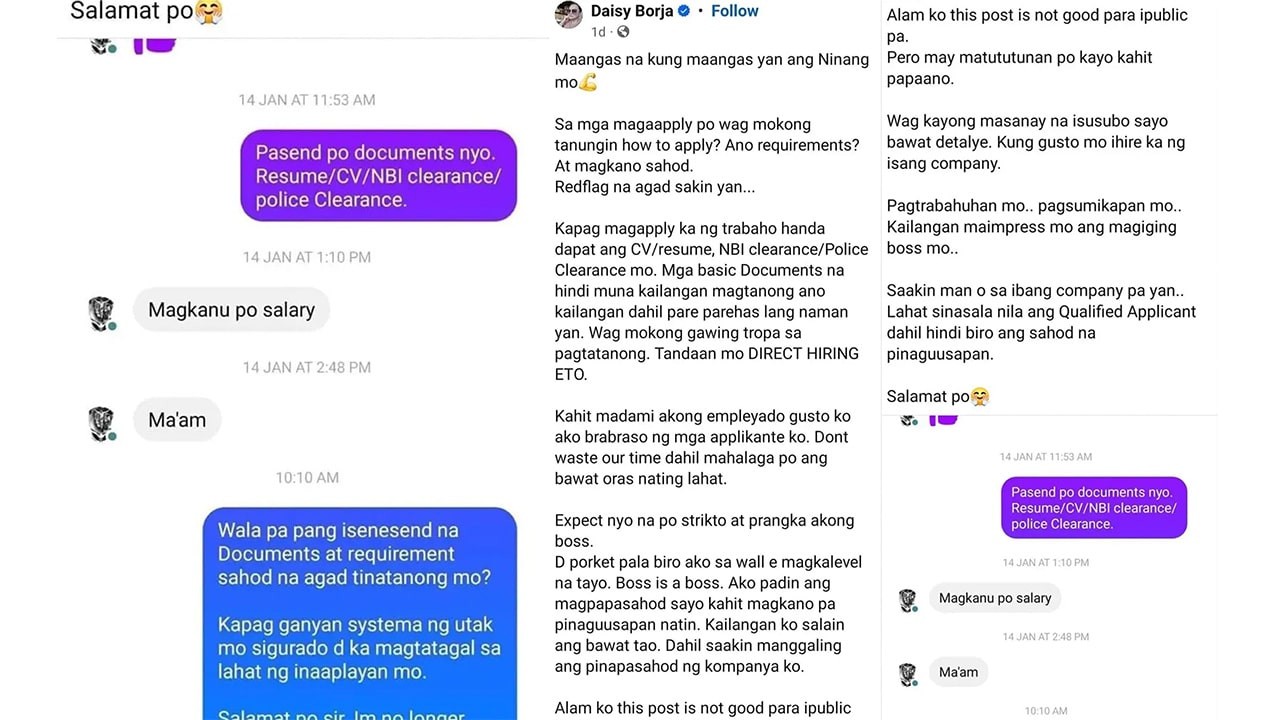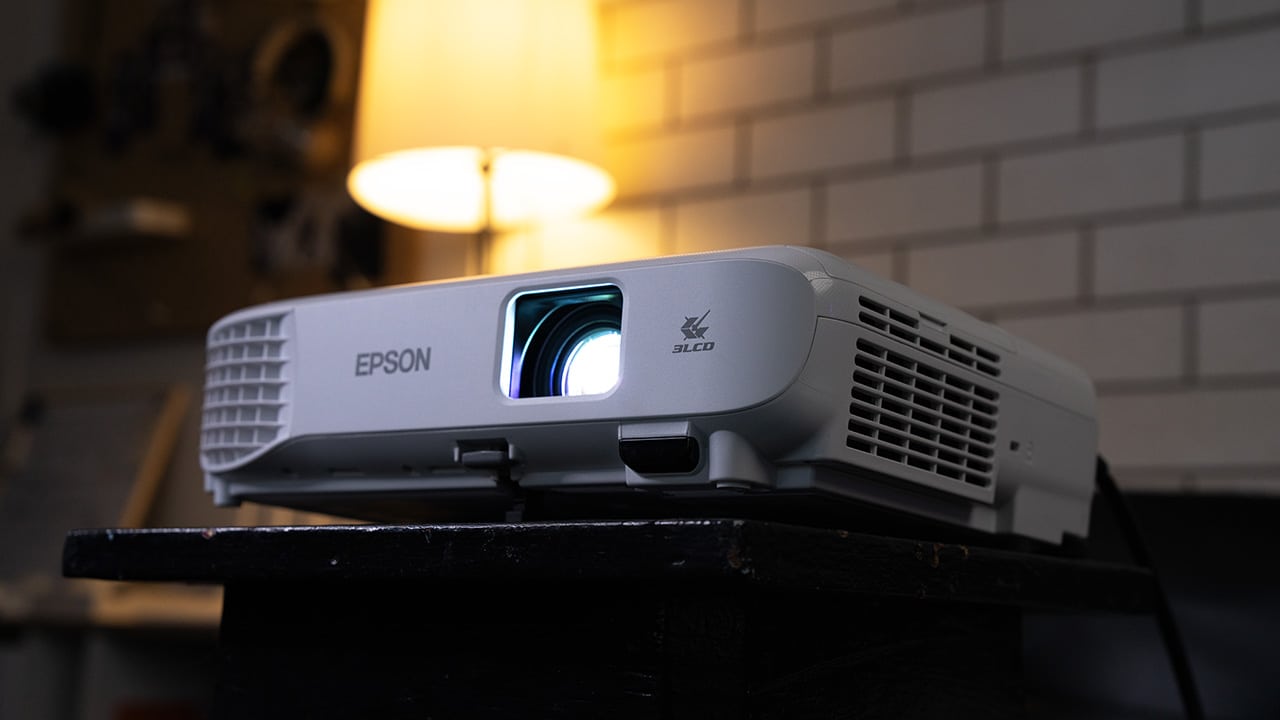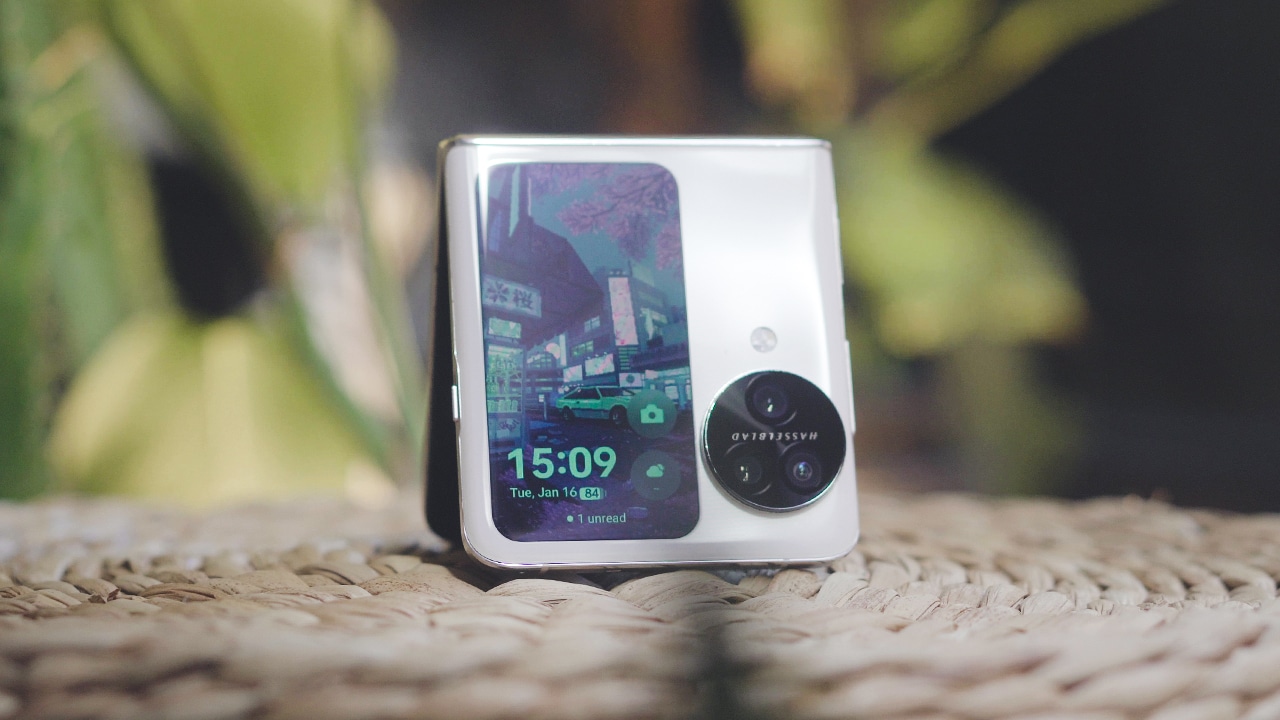Epson has announced the newest addition to its projector lineup — the EpiqVision Ultra EH-LS800B Laser Projection TV. With an expansive screen projection of up to 150 inches, an ultra-short throw distance, and 4K PRO-UHD resolution, the EH-LS800B promises to set new standards in home entertainment.

The EH-LS800B redefines home viewing by offering a colossal 150-inch cinematic experience while positioned just 2.3cm away from the wall.
This ultra-short throw distance is unrivaled in the market, making it the shortest in its class as of December 2022. Boasting 4K PRO-UHD resolution, the EH-LS800B delivers impressive brightness and vivid imagery, establishing itself as an all-in-one smart projection solution designed to elevate your home entertainment.
Epson’s commitment to visual excellence ensures the EH-LS800B delivers impeccable image quality and vibrant colors, enhancing your home theater, gaming, and online workout experiences. Gamers will appreciate the sub-20ms input lag with HDMI 3, along with a screen resolution of 1080p and a 120Hz refresh rate.
The EH-LS800B offers adaptive light output, automatically adjusting brightness to match your surroundings, even in well-lit rooms.

These adjustments occur gradually over two minutes, seamlessly blending with your environment without disruption to the user interface. Additionally, you can fine-tune image colors to match your wall color, optimizing image quality with various white balance settings.
Flexibility is a hallmark of the EH-LS800B, allowing for screen size and position adjustments while optimizing energy consumption. Advanced image processing features, including 4K frame interpolation, scene adaptive gamma, and auto contrast enhancement, deliver vibrant and crystal-clear imagery.
With 4000 lumens of brightness, the EH-LS800B ensures a vivid display, even without a screen. For enhanced quality, pair it with the ELPSC35 100-inch ambient light-rejecting (ALR) screen. The projector’s fan operates at a mere 19 decibels at 50% brightness, ensuring a quiet viewing experience.
The built-in 2.1-channel Yamaha speaker system complements the EH-LS800B’s 150-inch projection capability, 4K quality, HDR functions, and minimal fan noise, delivering an immersive audio-visual experience.
Installation and operation are effortless, thanks to the ultra-short throw projection lens.

The Epson Setting Assistant app simplifies image adjustments, and integrated cable management streamlines wired connections to external devices. A lower offset enhances flexibility, eliminating complexities related to cable setups, ceiling installations, and throw distances.
With a 0.16 throw ratio, you can enjoy a 100-inch screen size with just 35cm of space from the wall to the projector’s front.
The EH-LS800B’s external interface has been optimized for user convenience, with easy access to functions such as the power switch and HDMI port now conveniently located on the projector’s side, ensuring a seamless user experience.
Eduardo Bonoan, Head of Marketing Division at Epson Philippines, stated, “We aim to enhance the quality of time that friends and family spend together – our latest ultra-short throw 4K PRO-UHD laser home projector can do just that. The EH-LS800B can truly elevate users’ lifestyles and provide them with immersive visual experiences with its high image quality, flexibility, and ease of use.”



